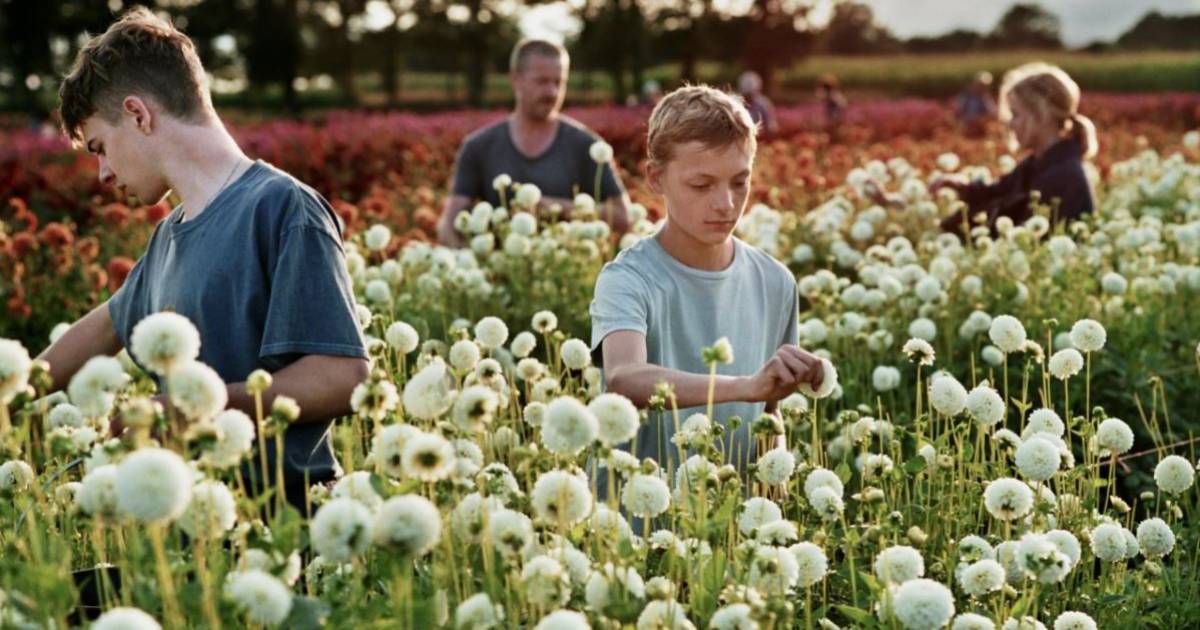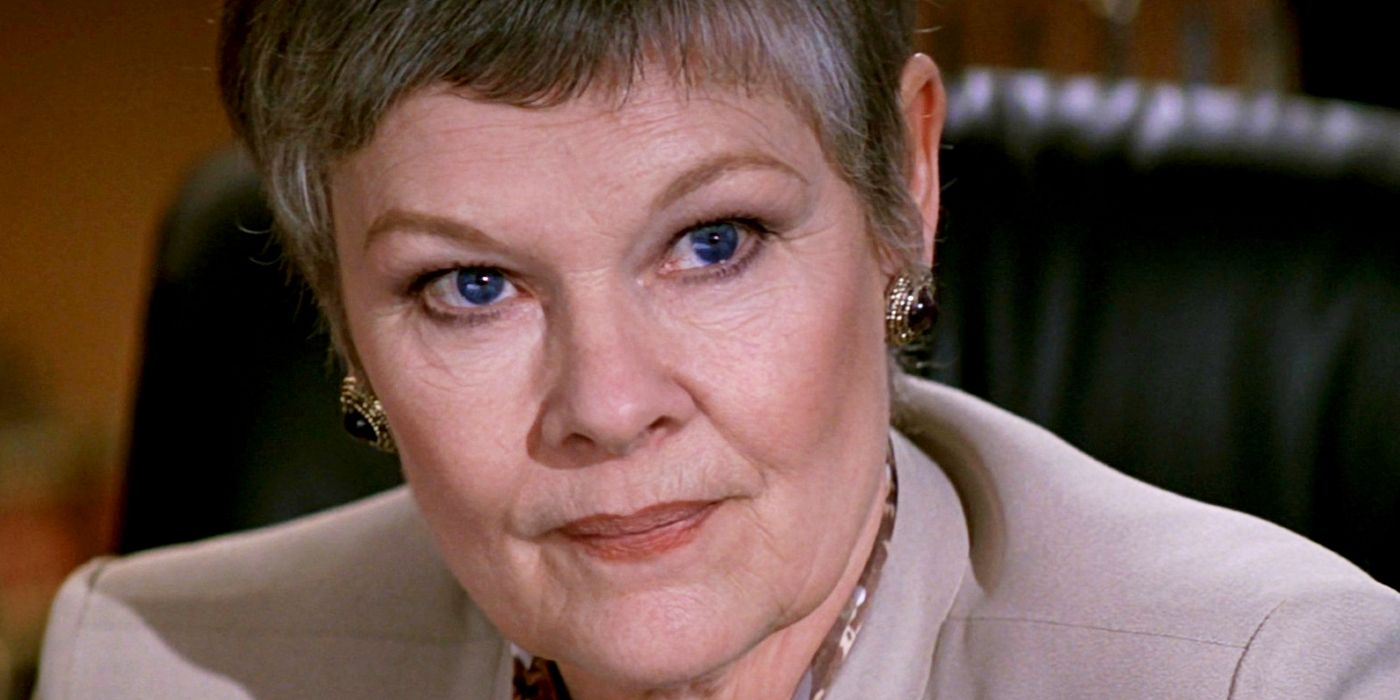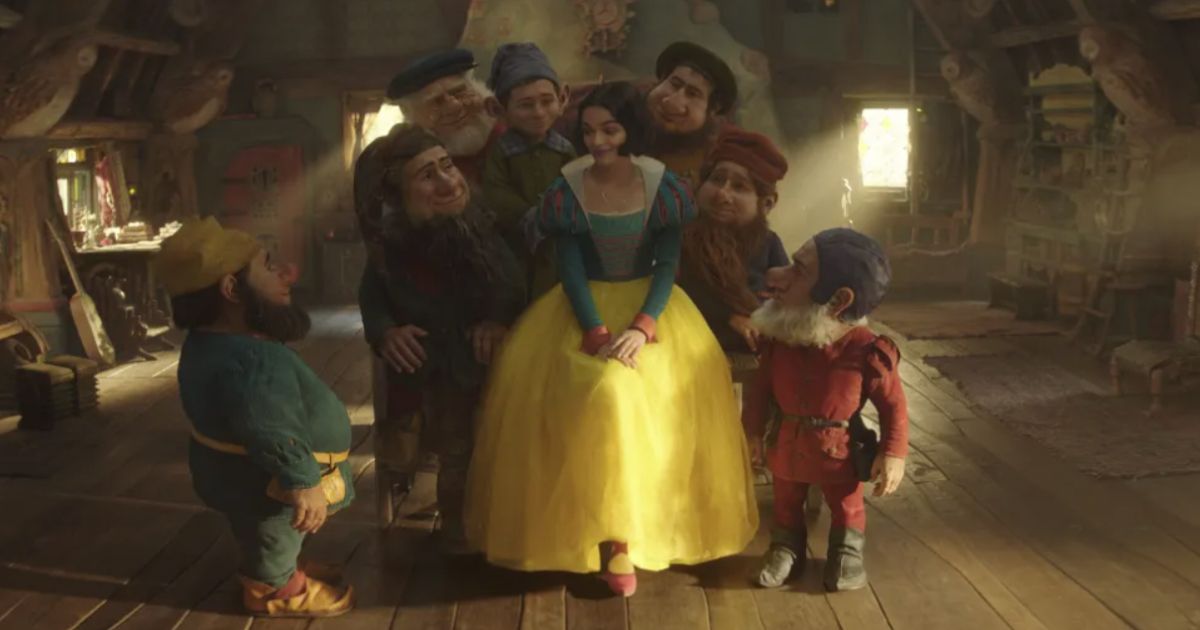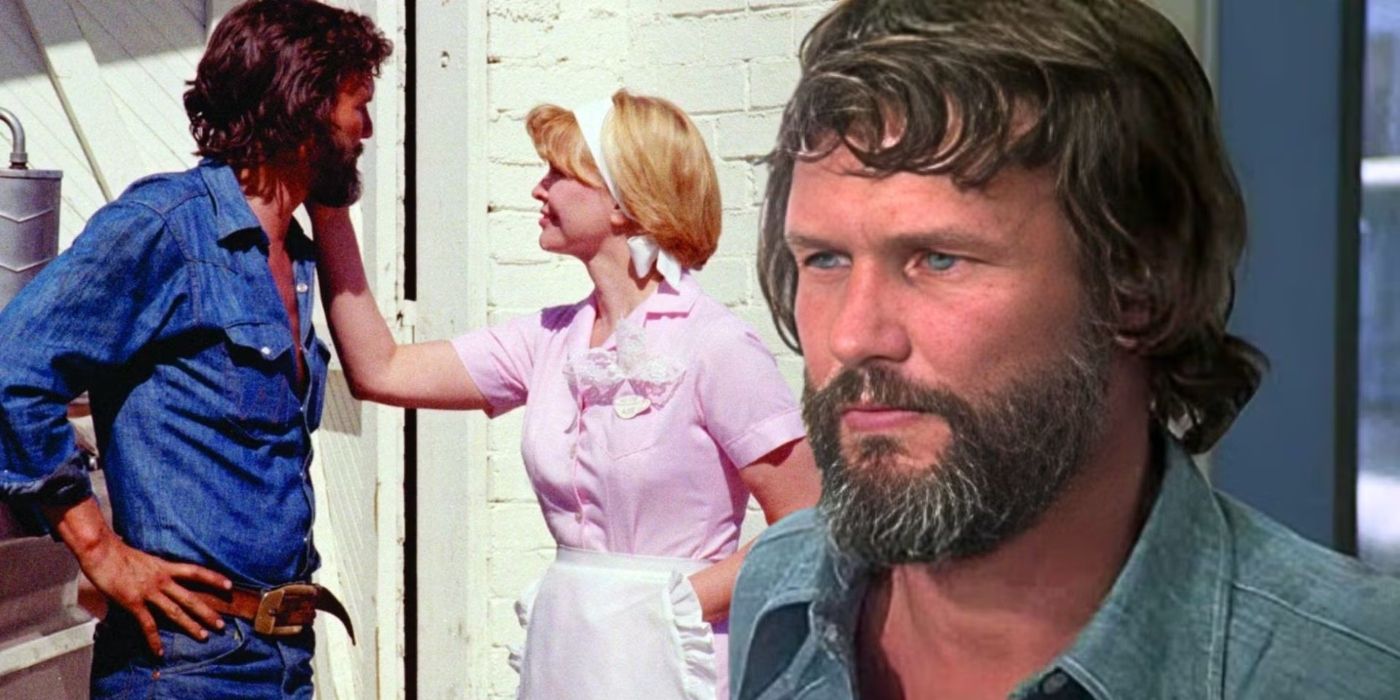It seems that film studio A24 has its name on most cinematic gems these days. The inventory certainly extends to international projects as well. Remember Lamb, the groundbreaking Icelandic film? The list goes on. And as we eagerly await nomination announcements for the upcoming Academy Awards — which will broadcast all categories on its telecast — A24’s new French-language film Close came across our radar as Belgium’s Oscar entry for 2023’s ceremony.
Viewers should make sure to bring a “hanky,” as they say. The heartbreaking/heartwrenching story follows two 13-year-old best friends, whose seemingly unbreakable bond is suddenly and tragically torn apart. Winner of the Grand Jury Prize at this year’s Cannes Film Festival, Girl (2018) director Lukas Dhont’s second film is an emotionally transformative and unforgettable portrait of the intersection of friendship and love, identity and independence, and heartbreak and healing.
MOVIEWEB VIDEO OF THE DAY
Growing Up With/Apart From a Best Friend
“I always try to start from something that is deeply important to me,” director Lukas Dhont recently told Deadline. “And then, along the way, I try to find the universal feelings in there. For me, the beauty of poetry or art is when it is framed in a universal way. So this film came from a deeply personal place — for a long time I thought that my fragility was my weakness. My tenderness was my weakness. Because in this world, from a very young age, we [teach] young boys to fear tenderness and to fear vulnerability, and I think understanding the universality of that was important for me in making this film.”
Dhont’s follow-up to the transgender drama Girl is another moving study of a difficult adolescence. It follows Léo and Rémi, who spend long summer holidays in innocent intimacy, but come the school year, their close friendship is thrown into disarray as their relationship is noticed and commented on by their contemporaries. In reaction to their classmates’ insulting or intrusive comments, Léo attempts to distance himself from Rémi. Léo begins partaking in the town’s seemingly No.1 sport, hockey, in an effort to establish himself as what his school expects from a popular kid.
Related: These Movie Characters Became LGBTQ+ Icons
Rémi, meanwhile, continues his love for music and tries to maintain his “closeness” — cue the film’s title — during his routine hangouts with Léo. They share a bed at sleepovers. They bike to school together. They sleep on each other’s shoulders at school recesses — but not for long, as Léo strengthens his effort to create that aforementioned distance. Then, tragedy strikes one of them and, without giving too much away, the other boy spends the rest of this contemplative story evaluating his role in the shell-shocking incident — especially while remaining in close geographical proximity to the other’s family. On that note, Belgian actress Émilie Dequenne plays her grieving motherly role to perfection. How do you move on from catastrophe? Is it at all possible?
Themes of toxic masculinity, society’s supposed norms, and unrequited love are explored along the way, and the end result sees the Belgian director reach another level in his filmmaking, highlighting his confident direction of actors and talented ear for naturalistic dialogue. It’s a near-perfect effort that evokes Francois Truffaut, some critics have said. The tale of two besties, whose intense bond is tested when they start secondary school, is clearly also about so much more: betrayal, shame, denial, and more.
Tragic and Thought-Provoking
A24
Speaking of naturalistic dialogue, there’s another cinematic technique that’s grown in popularity over the years: handheld camerawork in narrative films to help bring the viewer feel like they’re truly a part of the action. Lars von Trier, Paul Greengrass, Alfonso Cuaron — some of these directors’ greatest films are depicted using purposefully shaky framing to draw attention to the reality that a human really is capturing the events, as a sort of documentarian. Dhont uses this method to extraordinary effect in Close. By the end, we feel like we’ve really known these boys, Léo and Rémi, for years.
Related: Exclusive: EO Filmmakers Jerzy Skolimowski and Ewa Piaskowska Discuss Their Award-Winning Film
Sure, Close can fall victim to some traditionally formulaic storytelling tropes along the way. And that ending might not satisfy the average viewer. But there’s no denying that the film overall is quite moving for the majority of its runtime. It’s a tender and powerfully acted look at childhood innocence lost. The beautiful friendship between two teenage boys, as mostly depicted in the entertaining first act, is ultimately put to test by a world hostile to male intimacy.
The film has glorious moments that are heightened by two child actors (Eden Dambrine and Gustav de Waele) destined for Hollywood greatness. They’re simply captivating in delivering the struggles of two close friends ridiculed by a seemingly homophobic outside world. A modern tale of two “lovers” will surely make you weep, as previously stated. It certainly won’t come as a shock if/when Close rightfully nabs a Best International feature Oscar nod in the near future.
You can view the original article HERE.






























